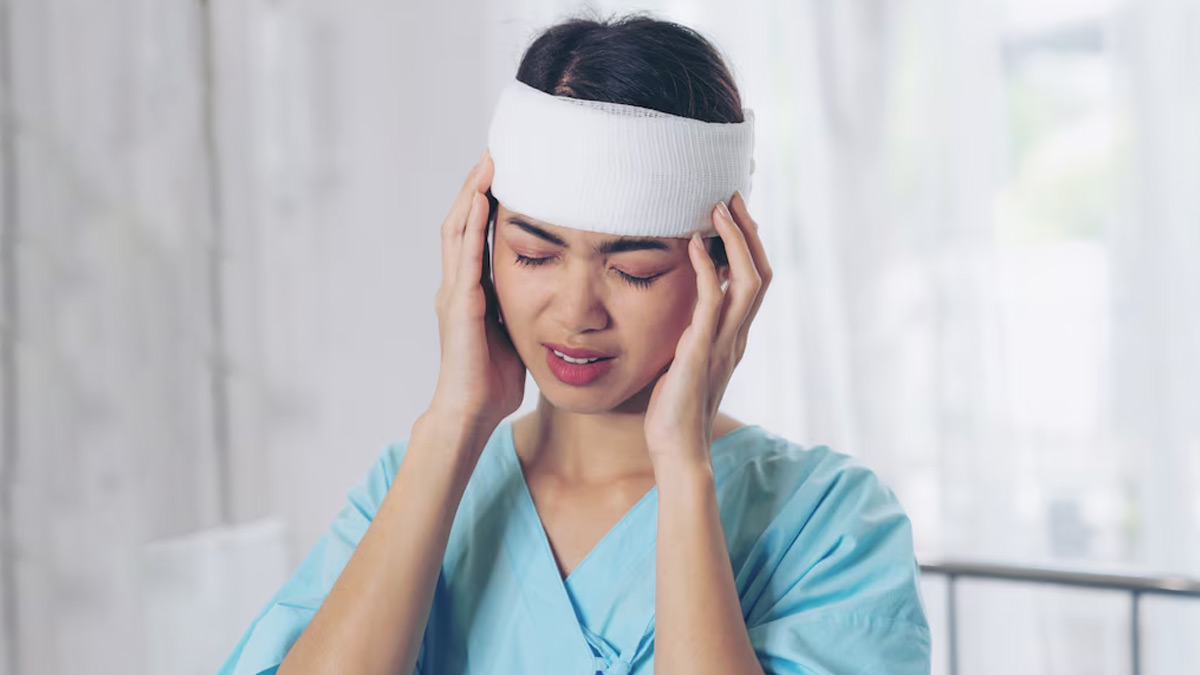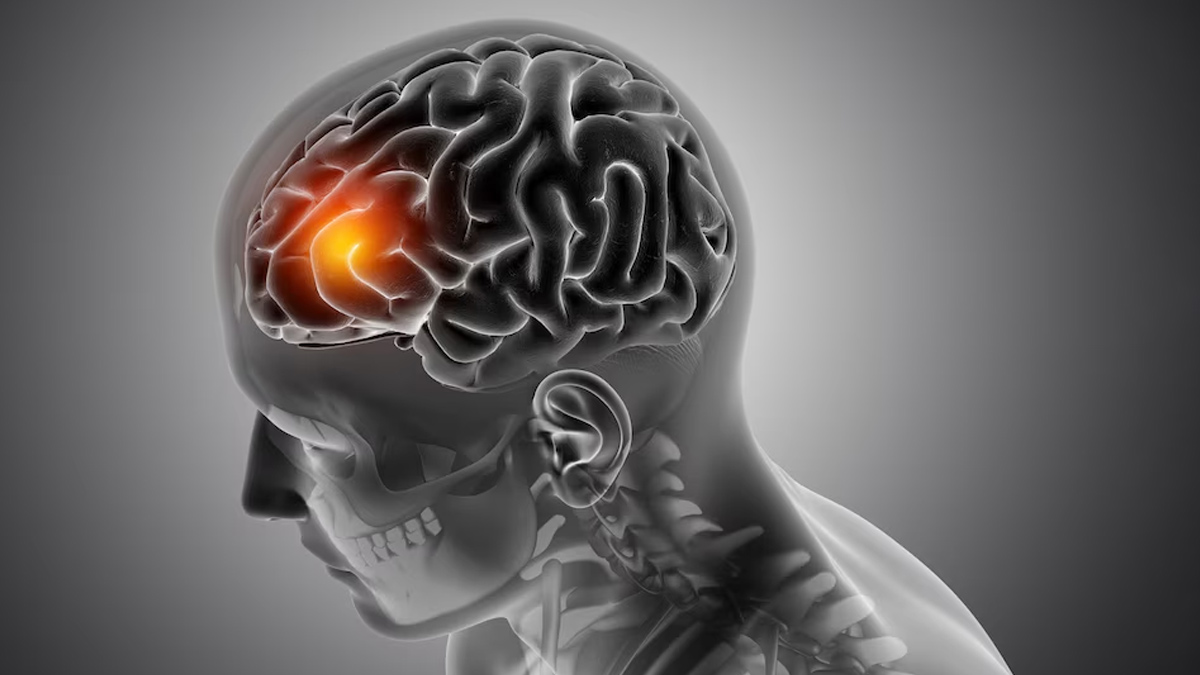
A concussion occurs when a person experiences a bump, blow, or jolt to the head. It is a mild form of traumatic brain injury, or TBI, which has a global prevalence of 939 cases per 100,000 people, according to the Academy for Multidisciplinary Neurotraumatology. This suggests that 6.9 crore people worldwide suffer a TBI each year, with mild TBI representing 740 cases per 100,000 people, which is more than 5.5 crore cases each year. It is also important to note that women, particularly female athletes, are twice as likely to suffer a concussion as men. To understand why, we spoke to an expert, who also shared ways to manage a concussion.
Table of Content:-
Also Read: Understanding Mild, Severe Head Injuries and Concussion: Doctor Shares Recovery Tips
Signs Of Concussion

In an interaction with the OnlyMyHealth team, Dr Shivakumar S Kupanur, Consultant Neurosurgeon and Head of Neurosurgery Department, SPARSH Hospital, Yeswanthpur, describes concussion as a transient cerebral dysfunction that may present with confusion, memory disturbances, and varying degrees of loss of consciousness, along with symptoms such as nausea, vomiting, and headache.
According to him, the severity of concussion ranges from mild cases with brief confusion and manageable symptoms to severe cases requiring extended recovery periods.
Are Women More Prone?

According to a 2020 study published in the Orthopaedic Journal of Sports Medicine, researchers found that female athletes were more likely to sustain a concussion while playing sports than their male counterparts. Many factors played a role in increasing their risk, including their bodies’ inability to handle head impact and hormonal imbalance.
In another study published in the Clinical Journal of Sport Medicine, researchers looked at 192 athletes aged 7–18 who had concussions and found that girls waited longer than boys to see a specialist after their injury, explaining why symptoms persist longer in females than in males.
Interestingly, once they received the same level of care, there wasn't a significant difference in recovery time between boys and girls.
Dr Kupanur says, "While concussions affect both genders, they tend to be more severe and frequent in women and teenage girls.
There are a few reasons. One is weaker neck muscles in girls, which provide less head and neck stability compared to boys' stronger muscles.

Another factor could be hormones, particularly progesterone. High levels of this hormone might worsen concussion symptoms and slow down recovery. This was also seen in a study that followed 144 women who came to the emergency room within 4 hours of suffering a mild TBI. Researchers looked at women's menstrual cycle phase based on hormone levels and birth control use. They also measured the women's quality of life and neurological symptoms one month later.
Also Read: How To Identify A Concussion In Children: Note The Warning Signs
The study found that women who were injured during the part of their cycle with high progesterone levels had worse quality of life and more physical symptoms than women injured in other phases or on birth control.
Additionally, the blood flow and sensitivity patterns in the female brain might contribute to more frequent and severe symptoms, leading to a longer recovery time, as per the doctor.
Tips To Manage A Concussion
Management typically involves medication, rest, avoiding screens, and physical activities, along with elevation of the head for symptom relief, says Dr Kupanur.
In some cases, expert evaluation and investigations are necessary for proper management.
Fortunately, with appropriate care, symptoms can often be reversed within a few weeks, the doctor concludes.
How we keep this article up to date:
We work with experts and keep a close eye on the latest in health and wellness. Whenever there is a new research or helpful information, we update our articles with accurate and useful advice.
Current Version
